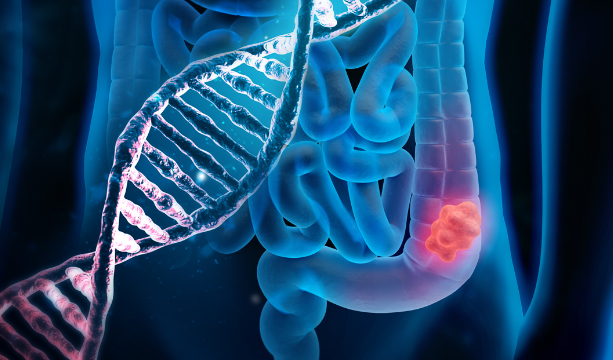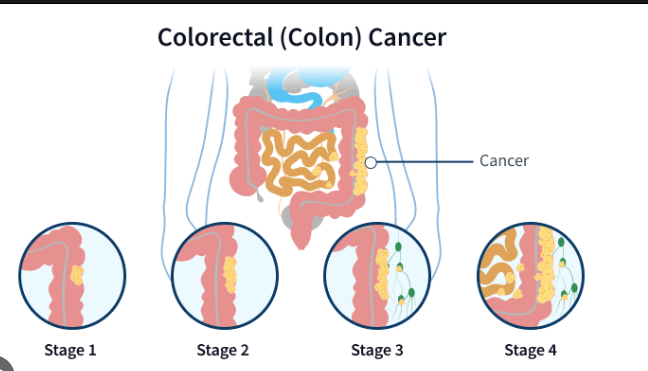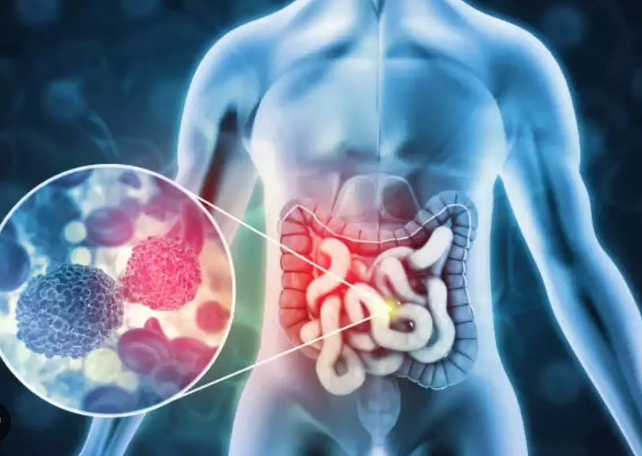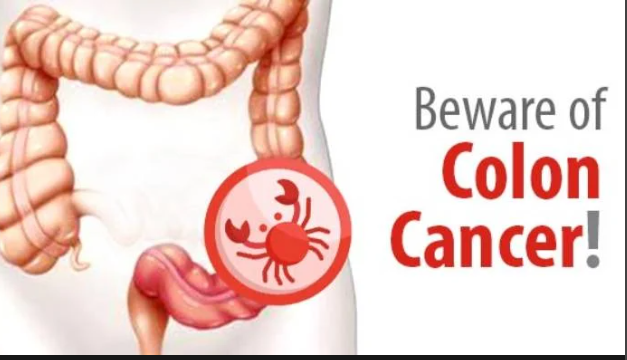Know the basics of symptoms, diagnosis, and treatment to help you battle Colon Cancer
According to the American Cancer Society, more than 140,000 new cases of colon cancer will be diagnosed in the US in 2018. 43,030 new cases of rectal cancer and an estimated 97,220 new cases of colon cancer are included in this. According to ACS estimates, colorectal cancer deaths (the total number of deaths from colon or rectal cancer) will take over 50,000 lives in 2018. “If screening guidelines are followed, there would be a significant reduction in the number of deaths from this disease,” states Dr. Wafik El-Deiry, deputy director of the Translational Research Program at Fox Chase Cancer Center in Philadelphia. El-Deiry is a research professor at the American Cancer Society.
Also read-Childhood Cancer : A Patient’s Guide To Childhood Cancer And Its Symptoms

Signs and symptoms colon cancer
- Unexplained weight loss
- Bloody stools
- A change in bowel habits (thin or loose stools)
- Abdominal swelling or pain
- Fatigue
- Diarrhea
- Constipation

El-Deiry claims that people frequently overlook these warning indications and symptoms. For instance, hemorrhoids may be the cause of bleeding. Certain symptoms, like bloody stools or stomach pain, may be written off in younger patients as not being likely to be related to cancer, he says.
Types and stages colon cancer
Any area of the colon or rectum can develop colorectal tumors. When colon cancers develop on the right side, they are usually detected later and have a worse prognosis than those on the left. The four stages of the illness are as follows:

Stage 1 tumors are usually excised by the performing physician during the colonoscopy procedure because they have not yet spread to the intestinal wall. According to the ACS, cancers that are components of a polyp are considered stage 1 tumors. If no tumor cells remain after this, it usually results in a cure. if the polyp has high-grade cancer or if cancer cells are present around the polyp’s edges.
Stage 2 tumors are still located within the bowel wall or have gone through it but have not traveled to lymph nodes. When these tumors arise in the rectum, there is a general recommendation to treat them with radiation therapy after they are removed, as this reduces the chance they will recur. Stage 2 colon tumors can be cured by surgery alone.
Stage 3 colorectal tumors involve tumor cells that have spread to lymph glands near the original tumor. These tumors are treated by surgery and chemotherapy, as well as radiation for rectal tumors.
Stage 4 tumors are those that have spread to distant sites, including the liver, lungs, distant lymph nodes, the peritoneum (the space outside the bowels that, if involved, can lead to swelling of the abdomen), or other organs. Colon cancer is most likely to spread to the liver, while rectal cancer can spread to the lungs at advanced stages.
Treatments colon cancer
If detected in its early stages, colon cancer is very treatable. When a colonoscopy is performed, stage 1 tumors are frequently removed; however, surgery is the primary recommended treatment for stage 2 and stage 3 colorectal tumors. Radiation therapy is usually advised in addition to surgery for stage 2 rectal tumors. Surgery and chemotherapy are used in the treatment of stage 3 colon tumors, lasting approximately six months each. Chemotherapy is usually administered after surgery and radiation therapy prior to surgery for patients with stage 3 rectal cancer. A low-dose chemotherapy pill is prescribed to patients undergoing radiation therapy in order to enhance the effectiveness of the radiation.

Patients with stage 4 colorectal cancer can receive standard, approved chemotherapy treatments, and more specialized therapies are being developed to treat particular tumor types.
It can be helpful to know the tumor’s genetic subtype, which can be ascertained by a biopsy, tissue sample, or blood sample. Clinical trials offer a potential treatment for patients with advanced diseases that have spread and for which there are currently no effective treatments. Additional treatment options may also be found by closely observing how the tumor responds to existing therapies and by determining the cause of the tumor or its resistance to them. Such conversations with experts who can clarify and rank the different options in light of all the information at hand are crucial.
Also read-Breast cancer : A Patient’s Guide to Breast Cancer
images source: Google
Disclaimer: The opinions and suggestions expressed in this article are solely those of the individual analysts. These are not the opinions of HNN. For more, please consult with your doctor.




































